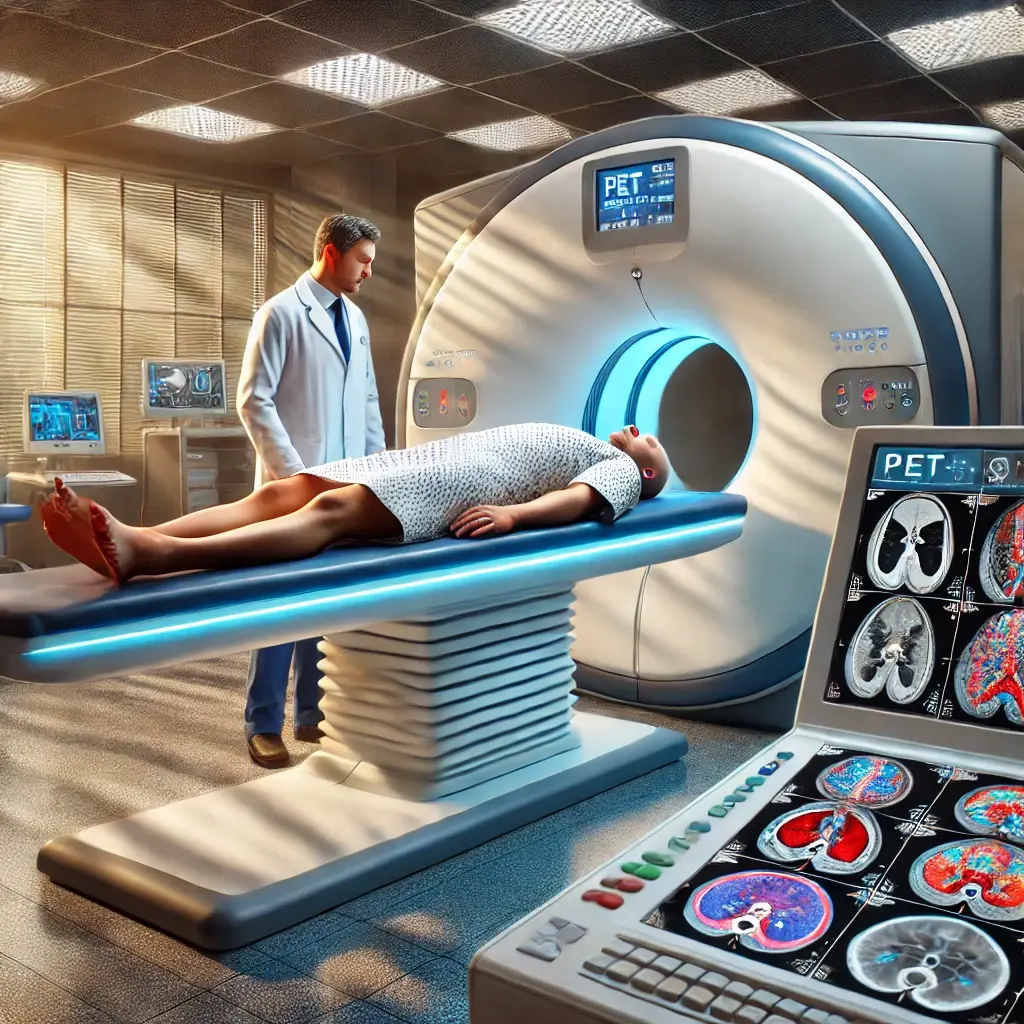How Much Do Nuclear Medicine Technologists Make?
Nuclear medicine technology is a specialized field in healthcare that combines medicine, physics, and technology to diagnose and treat various medical conditions. Nuclear medicine technologists are trained professionals who use radioactive materials to perform imaging studies and therapeutic procedures, assisting doctors in making accurate diagnoses and providing effective treatments.
If you are considering a career in this field, you may wonder, “How much do nuclear medicine technologists make?” This article delves into the average salaries, factors affecting earnings, career prospects, and much more.
Average Salary of Nuclear Medicine Technology Expert
United States
In the United States, the average annual salary for a nuclear medicine technology expert is approximately $80,000 to $100,000, depending on experience, location, and specialization. According to the U.S. Bureau of Labor Statistics (BLS), as of the most recent data, the median annual wage for nuclear medicine technologists is around $78,760.
- Entry-Level: Technologists with less than one year of experience typically earn between $50,000 and $60,000 per year.
- Mid-Career: Professionals with 5-10 years of experience can expect salaries ranging from $70,000 to $85,000.
- Experienced and Specialized: Those with over 10 years of experience or additional certifications can earn $90,000 or more annually.
Other Countries
- Canada: The average annual salary for nuclear medicine technologists is around CAD 75,000 to CAD 95,000.
- United Kingdom: In the UK, salaries range from £30,000 to £45,000 annually.
- Australia: Australian nuclear medicine technologists earn approximately AUD 70,000 to AUD 100,000 per year.
Factors Influencing Salaries
1. Experience Level
Experience is one of the most significant determinants of salary. As technologists gain hands-on experience and develop specialized skills, their earning potential increases.
2. Geographic Location
Salaries vary significantly by region due to differences in cost of living, demand for nuclear medicine services, and healthcare funding. For example:
- Urban areas and large healthcare centers often offer higher salaries.
- Rural areas may offer lower wages but provide other benefits, such as a lower cost of living.
3. Education and Certification
Advanced education and certifications can boost earnings. Common certifications include:
- Certified Nuclear Medicine Technologist (CNMT)
- Positron Emission Tomography (PET) Certification
- Computed Tomography (CT) Certification
Technologists with a bachelor’s or master’s degree often earn more than those with an associate degree.
4. Type of Employer
The employer type also impacts salaries:
- Hospitals: Typically offer competitive salaries and benefits.
- Diagnostic Labs and Outpatient Centers: May provide slightly lower pay but better work-life balance.
- Research Institutions: Often pay higher salaries, especially for those involved in advanced projects.
5. Specialization
Specializing in areas like PET/CT imaging or therapeutic nuclear medicine can lead to higher earnings due to the advanced skills required.
Career Outlook for Nuclear Medicine Technology Expert
Job Growth
The demand for nuclear medicine technologists is expected to grow modestly in the coming years. According to the BLS, employment in this field is projected to increase by 7% from 2022 to 2032, which aligns with the average growth rate for all occupations.
Factors Driving Demand
- Aging Population: As the population ages, there is an increasing need for diagnostic imaging and treatment of age-related conditions.
- Advancements in Technology: Innovations in imaging techniques and nuclear therapies are expanding the scope of nuclear medicine.
- Chronic Disease Management: The rising prevalence of chronic diseases, such as cancer and heart disease, increases the need for nuclear medicine services.
Opportunities for Growth
Nuclear medicine technologists have numerous avenues for professional advancement:
- Transitioning into management roles within radiology departments.
- Pursuing further education to become a radiologist or a medical physicist.
- Specializing in emerging fields like molecular imaging or theranostics.
How to Become a Nuclear Medicine Technology Expert
1. Educational Requirements
To enter the field, aspiring technologists must complete an accredited nuclear medicine technology program. Options include:
- Associate Degree: Typically takes 2 years to complete.
- Bachelor’s Degree: A 4-year program that provides comprehensive training and broader career opportunities.
2. Certification and Licensing
After completing an educational program, candidates must obtain certification and licensure to practice. Common requirements include:
- Passing a certification exam (e.g., from the Nuclear Medicine Technology Certification Board or the American Registry of Radiologic Technologists).
- Meeting state-specific licensing requirements.
3. Continuing Education
Nuclear medicine technologists must engage in continuing education to maintain their certification and stay updated on industry advancements. This often involves attending workshops, conferences, and online courses.
Additional Benefits and Perks
In addition to competitive salaries, nuclear medicine technologists often receive:
- Health Insurance: Comprehensive medical, dental, and vision coverage.
- Retirement Plans: Employer-sponsored 401(k) or pension plans.
- Paid Time Off: Vacation days, sick leave, and holidays.
- Professional Development Opportunities: Funding for certifications, workshops, and conferences.
- Job Stability: Healthcare roles generally offer strong job security due to consistent demand.
Challenges in the Field
While nuclear medicine technology is a rewarding career, it also comes with challenges:
1. Radiation Exposure
Although safety protocols are in place, technologists must take precautions to minimize exposure. This includes wearing protective gear and adhering to strict safety guidelines.
2. Demanding Work Environment
The role often involves long hours, including nights and weekends, depending on the workplace. Emergency imaging needs may require immediate attention.
3. Emotional Strain
Dealing with seriously ill patients can be emotionally taxing. Compassion and resilience are essential qualities for professionals in this field.
4. Technological Changes
Rapid advancements in medical technology require technologists to stay updated, which can be challenging but also rewarding.
The Future of Nuclear Medicine Technology
The field of nuclear medicine is continually evolving, with exciting advancements on the horizon:
1. Personalized Medicine
Emerging technologies enable more targeted imaging and treatments, enhancing patient outcomes.
2. Hybrid Imaging Systems
Devices like PET/MRI and PET/CT provide more comprehensive imaging, improving diagnostic accuracy.
3. Theranostics
This innovative approach combines diagnostic imaging and therapy, particularly in treating cancers. It’s a rapidly growing area with significant potential for nuclear medicine technologists.
4. Artificial Intelligence
AI is increasingly being integrated into imaging systems, helping technologists analyze scans more efficiently and accurately.
Conclusion
Nuclear medicine technology offers a fulfilling career with competitive salaries and strong job stability. The earning potential varies based on factors like experience, location, and specialization, but the field provides numerous opportunities for growth and advancement. As a nuclear medicine technologist, you’ll play a crucial role in patient care, using cutting-edge technology to diagnose and treat a wide range of medical conditions.
By understanding the financial prospects and career trajectory, you can make an informed decision about entering this specialized and impactful field. Whether you are just starting your journey or looking to advance your career, nuclear medicine technology offers a promising path filled with opportunities to make a difference in the lives of patients.
For More Information, Checkout NetworkForbe


